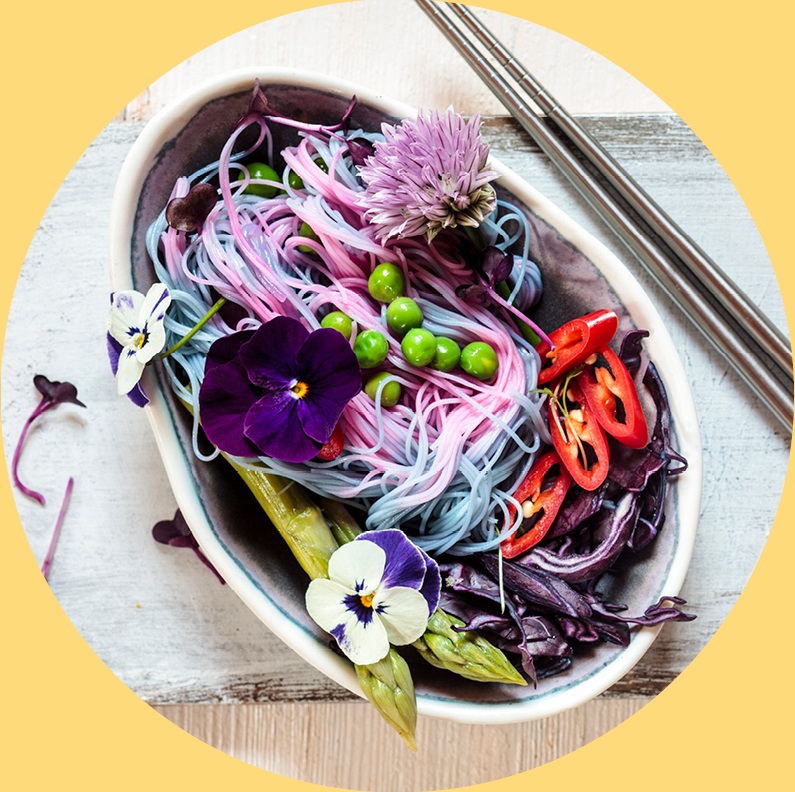
Palm Oil Alternative Market Accelerates
Published 18 February 2025
Although it features in 50% of all packaged goods consumed globally (WWF, 2025), palm oil continues to have a problematic reputation thanks to its links to multiple environmental problems, including deforestation. These sustainability issues, as well as a recent price hike, are prompting buyers to seek alternatives. In response, researchers and start-ups are developing innovative, sustainable solutions.
Palm Oil Alternative Market Accelerates


Topics

Want to see the full report?
Offering access to over 350 consumer and cross-industry reports annually, Stylus Membership is your window to tomorrow’s most exciting opportunities.
We already arm more than 500 of the world’s most forward-thinking brands and agencies with the creative insights they need to make transformative business decisions.
We’d love to do the same for you.
Book a demo with us today to discover more.
More Reports From Stylus
More Reports From Stylus
Sector Outlook 26/27: Tea
Tea is more than pulling its weight globally as a conduit for flavour and functionality, with brands creating formulations that appeal to today’s time-strapped consumers. Tea’s wellness properties are also manifesting in day-to-night adaptogenic ranges, elevated kombucha varieties and tea-based alcohol alternatives....










